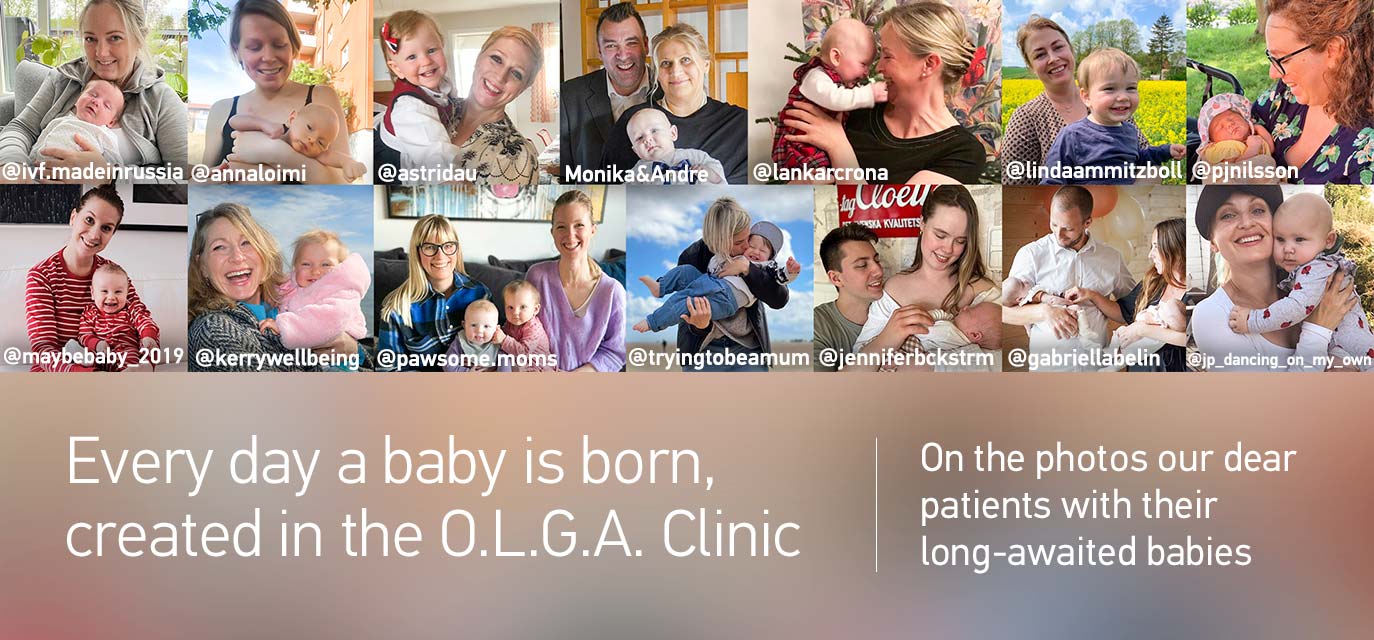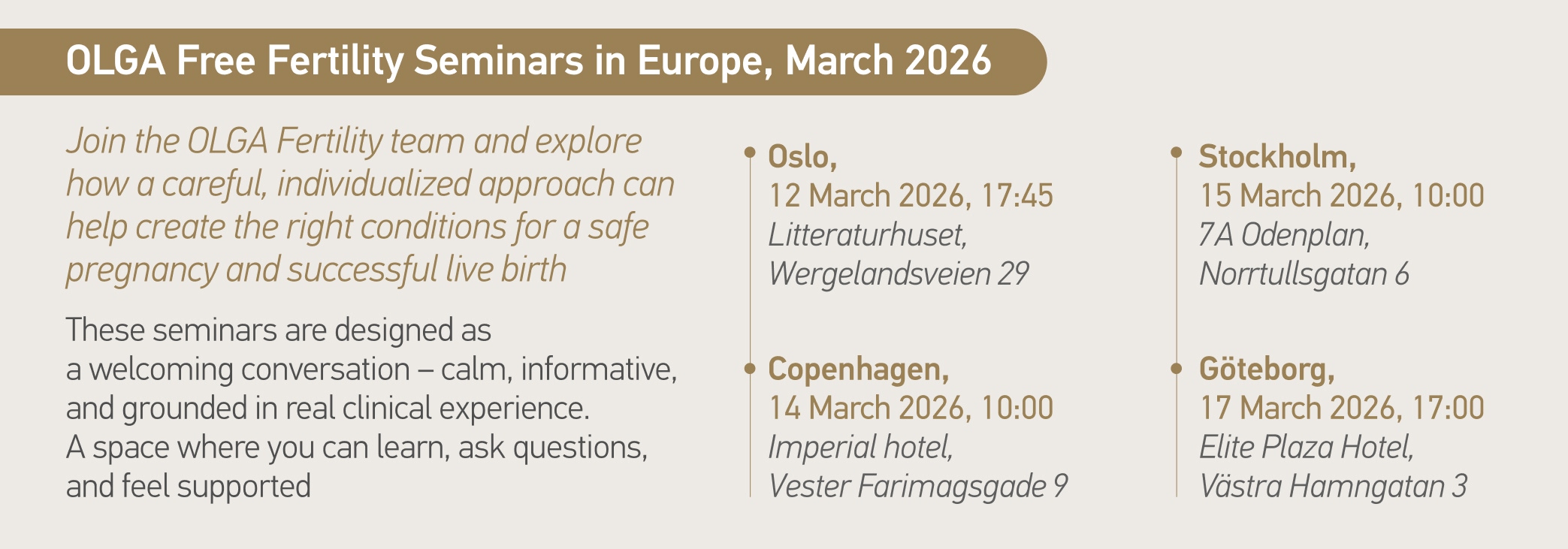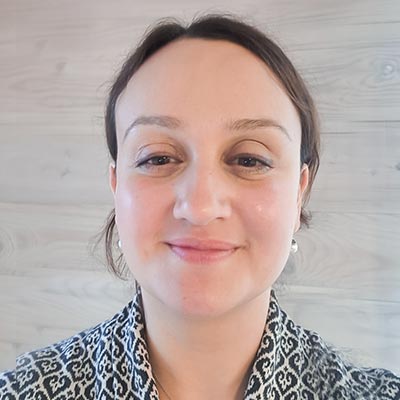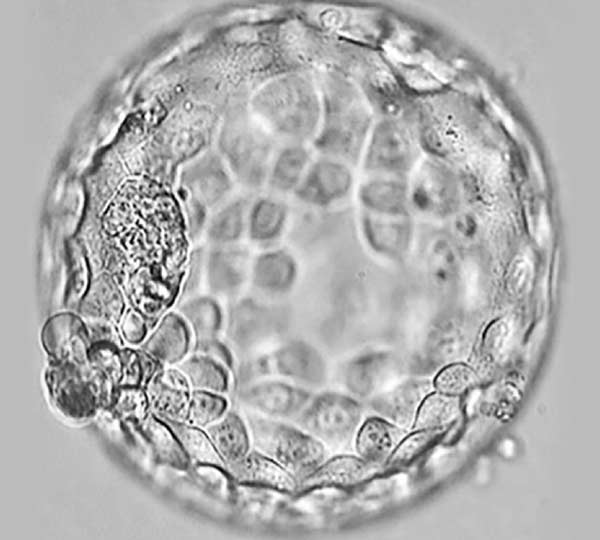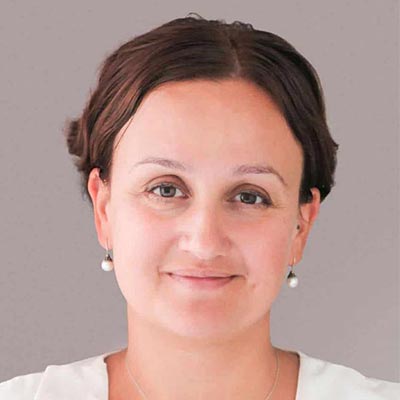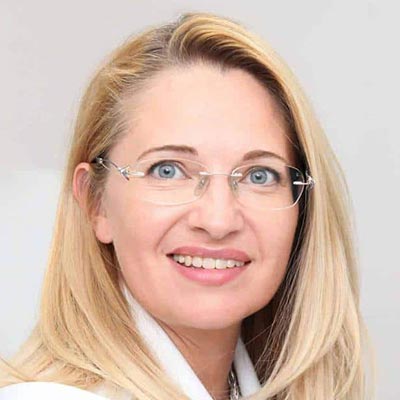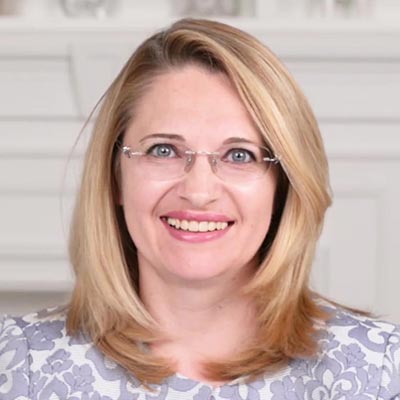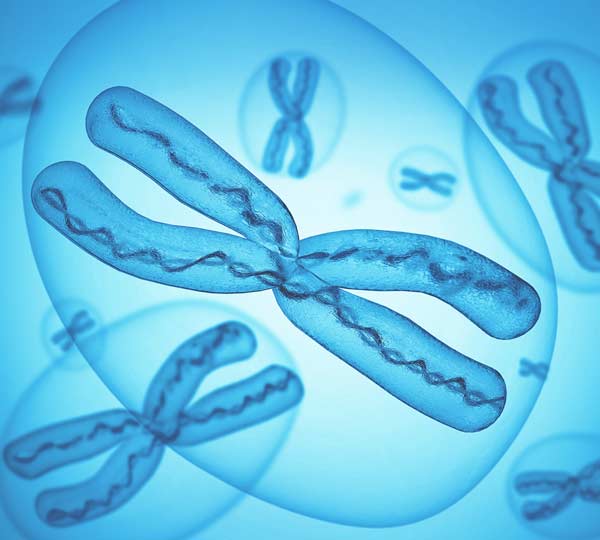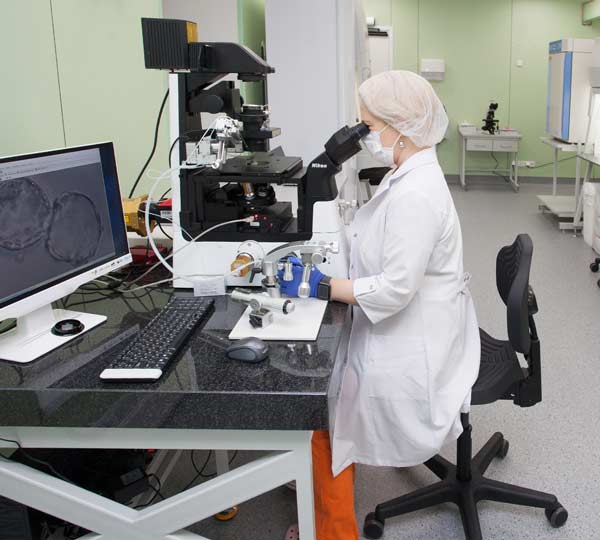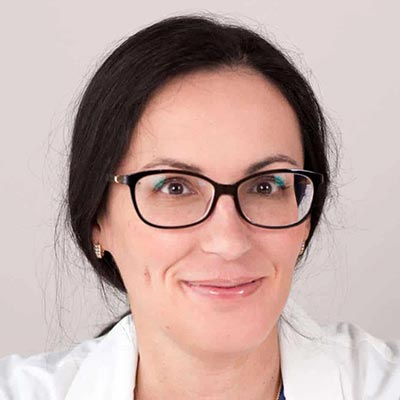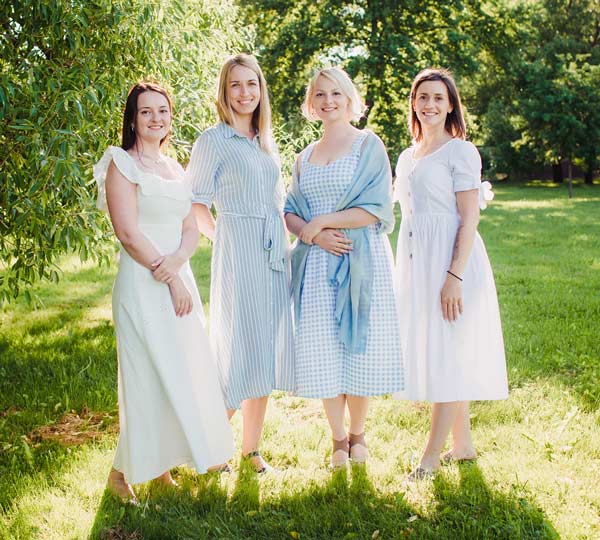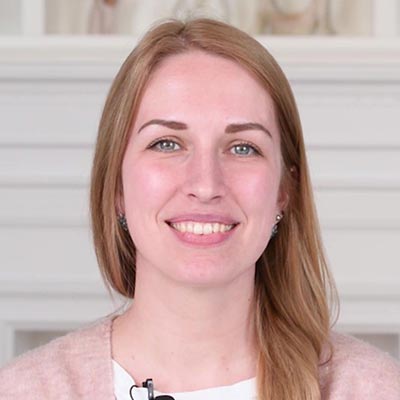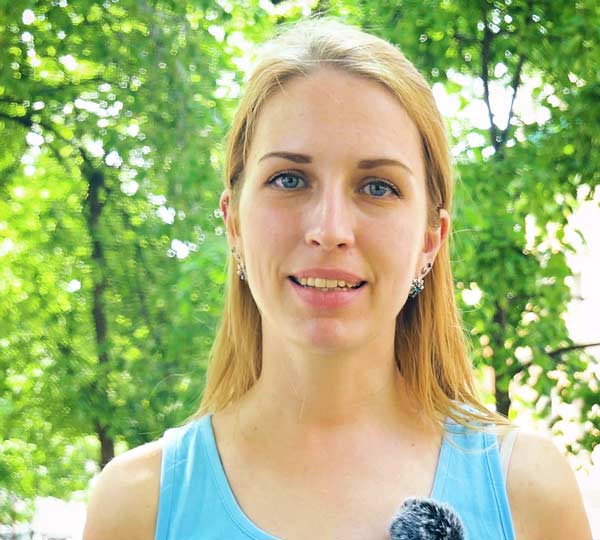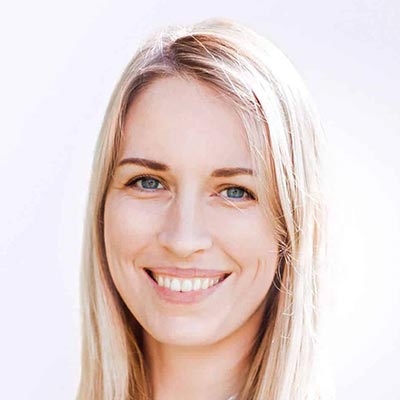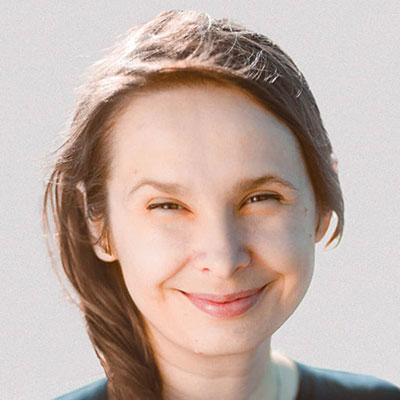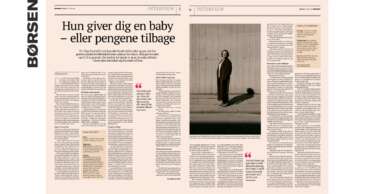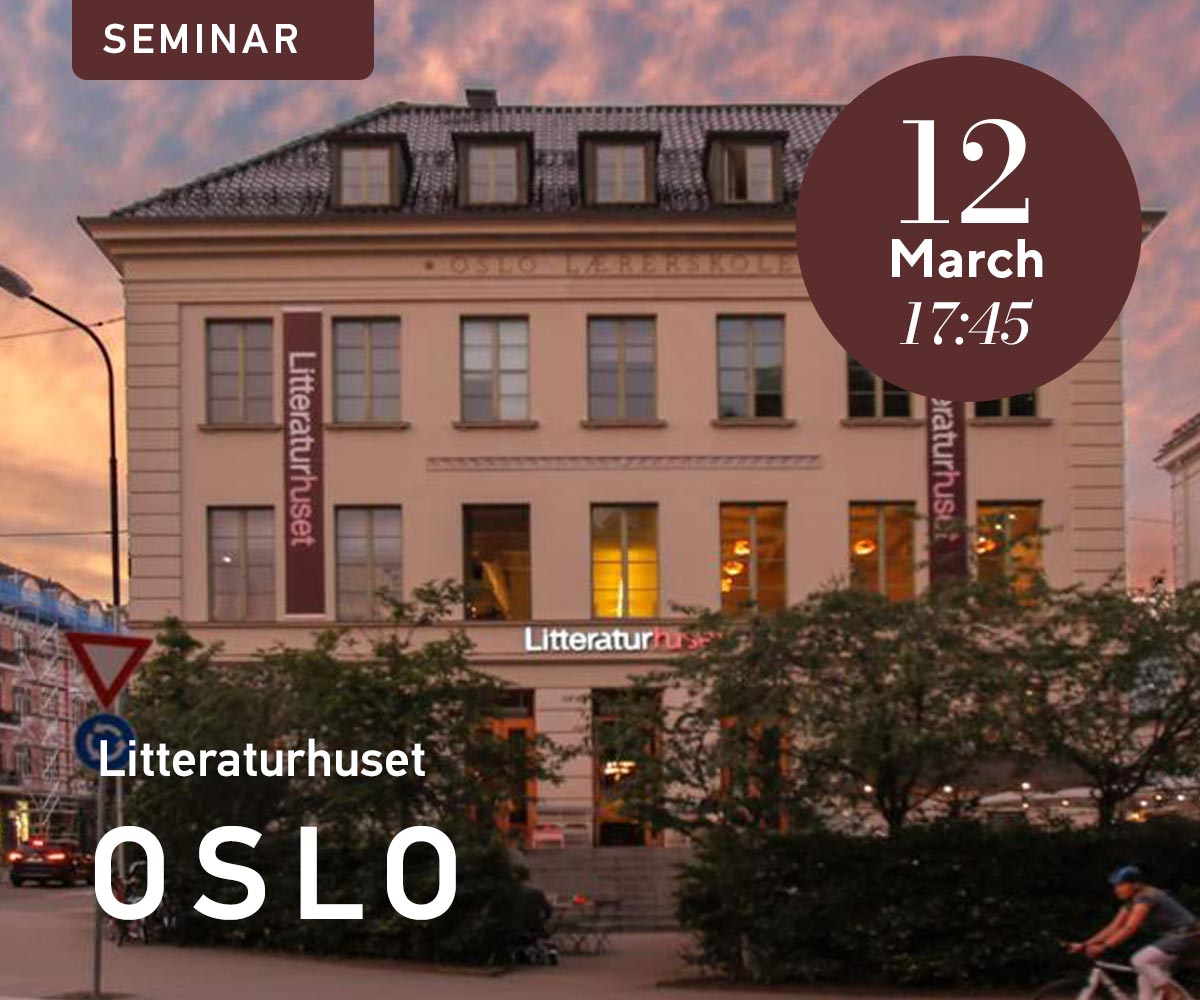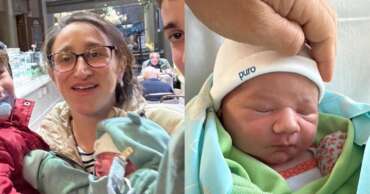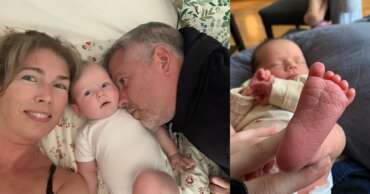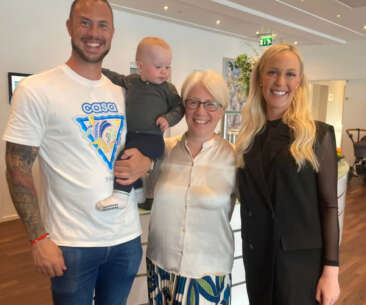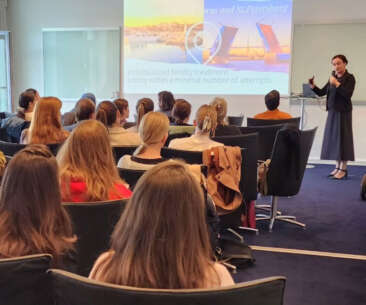Nowadays ultrasound is an integral part of pregnancy care. Though ultrasound in the obstetrics is being used for almost 50 years, and for the last 30 routinely, there is no data supporting the negative impact of ultrasound on a patient or specialists implementing the procedure.
The number of ultrasound investigations during pregnancy is not restricted, however the objectives of each survey should be clearly understood. There should be medical indications for each ultrasound test.
The first ultrasound scan may take place two weeks after menstruation delay to check the three major items: the fact of conception, pregnancy within the uterus and exception of non-developing pregnancy.
The fetal heart activity can be seen after the 5th week (starting from the first day of the last menstruation). If no heart activity is detected in the the 6-7th week of gestation (by the size of the embryo), it is defined as a non-developing pregnancy.
According to Decree of the Russian Ministry of Health the time for the first ultrasound scan is in 10-14 week of pregnancy (in most countries of the world 11-14 weeks). The primary objective of this ultrasound test is to confirm the fetus vitality by measuring the heart activity, to determine more precisely the pregnancy term by measuring the length from vertex till coccyx. During this time the difference between fetuses of one age isn’t clear (in the second and third trimester the pregnancy term can’t be defined exactly based on the fetus parameters).
Besides, the most important ultrasound marker of chromosome diseases – nuchal translucency can be defined. Nuchal tranclucency is a space from soft tissues around the spine till the internal surface of the fetus skin. If the nuchal translucency thikness exceeds the accepted value, the risk of chromosome disease (Down’s syndrome, etc.) is considerably higher than in population. Lack of the nasal bone during the first trimester is another marker of chromosome diseases.
We recommend the first US screening in the 12-14 pregnancy week to exclude not only the abovementioned risks, but also the hardest malformation of the fetus (e.g. the most wide-spread brain abnormality - anencephalia, absence of kidneys, skeleton defects and many others).
The efficiency of the US screening is first of all determined by the qualification and professionalism of the specialist, and secondly – by the equipment quality. The tissue soundproofing, thickness of the subcutaneous fat of a pregnant woman, position of the fetus and amniotic fluid volume also considerably influence the quality of the screening. In case of a specific combination of these factors high-quality immage is just impossible to get.
In case of a good tissue permeability for the ultrasound, many things can be seen on most of the up-to-date stationary US machines. When the ultrasound visibility is restricted, only expert class machines can help.
The second ultrasound scan takes place in thy 20-24 week. The primary objective of this test is to diagnose fetal malformation and signs of complicated pregnancy. The most important task is to exclude most of the fetal malformations and markers of chromosome diseases. If during first ultrasonographic scan at 11-14 weeks only two markers of Down’s syndrome can be excluded, the US during the second trimester is aimed to exclude more than 20 markers.
If a risk of chromosome disease in fetus is hgher than populational (women aged above 35, child birth with a chromosome disease or presence of biochemical markers of chromosome disease– typical changes of the levels alpha – fetoprotein and chorionic gonadotropin), we recommend prenatal investigation of the fetal karyotype.
However one shall take into consideration that the lack of the ultrasonographic markers of chromosome diseases according to ultrasound scan performed in the second trimester decreases the risk of Down syndrome more than by 4-10 times (depending on the specialist qualification).
Thus I recommend to the patients who have any doubts about invasive prenatal test to undertake the second screening ultrasound a bit earlier – between the 19th and 20th week.
If any signs of chromosome disease are revealed, the individual risk of the specific chromosome syndrome increases by many times. Before 20 weeks of pregnancy less harmful invasive technique may be used for karyotype testing of the fetus. The risk of this method does not exceed 1% (i.e. comparable with the population risk). After the 20th week for chromosome analysis it is recommended to take the blood from the fetus umbilical cord (cordocentesis). The risk of complications after this procedure averages 3%.
The third scan is performed at the term of 32-34 weeks and actually is the last. The fetus growth rate and its proportions are estimated. Proportions of the fetus may change in some pregnancy complications, e.g. placental insufficiency. The amniotic fluid quantity and placenta status are evaluated first of all to detect the signs of its premature aging.
Hence, the last survey is necessary for the early diagnostics of the complications that can be fatal for the fetus and, if required, for accurate selection of the delivery term to save the child health and sometimes even life.
Another task is to exclude the malformations which become evident in the third trimester. Fortunately these malformations are quite few. Some of them can be caused by the infections of the mother.
The number of the disorders that can be revealed by techniques of the prenatal diagnosis has increased. The attitude to them has also considerably changed during the last decade. If before in case of the malformation detection the abortion was usually recommended, nowadays the problem is discussed with children’s surgeons, orthopedists and cardiosurgeons to consider correction of the specific malformation, having excluded the chromosome diseases if necessary.
To get prepared for the ultrasound test the patient doesn’t need anything besides the emotional preparation. It’s better not to empty the bladder just before the survey to make the examination of the cervical canal easier.
The ultrasound scan just before the delivery is required very seldom. It’s necessary if the information received can influence the selection of the delivery method usually for the complicated pregnancy. The doctor in charge determines the indication for the ultrasound test.
Lebedev V.M., Ph.D.


